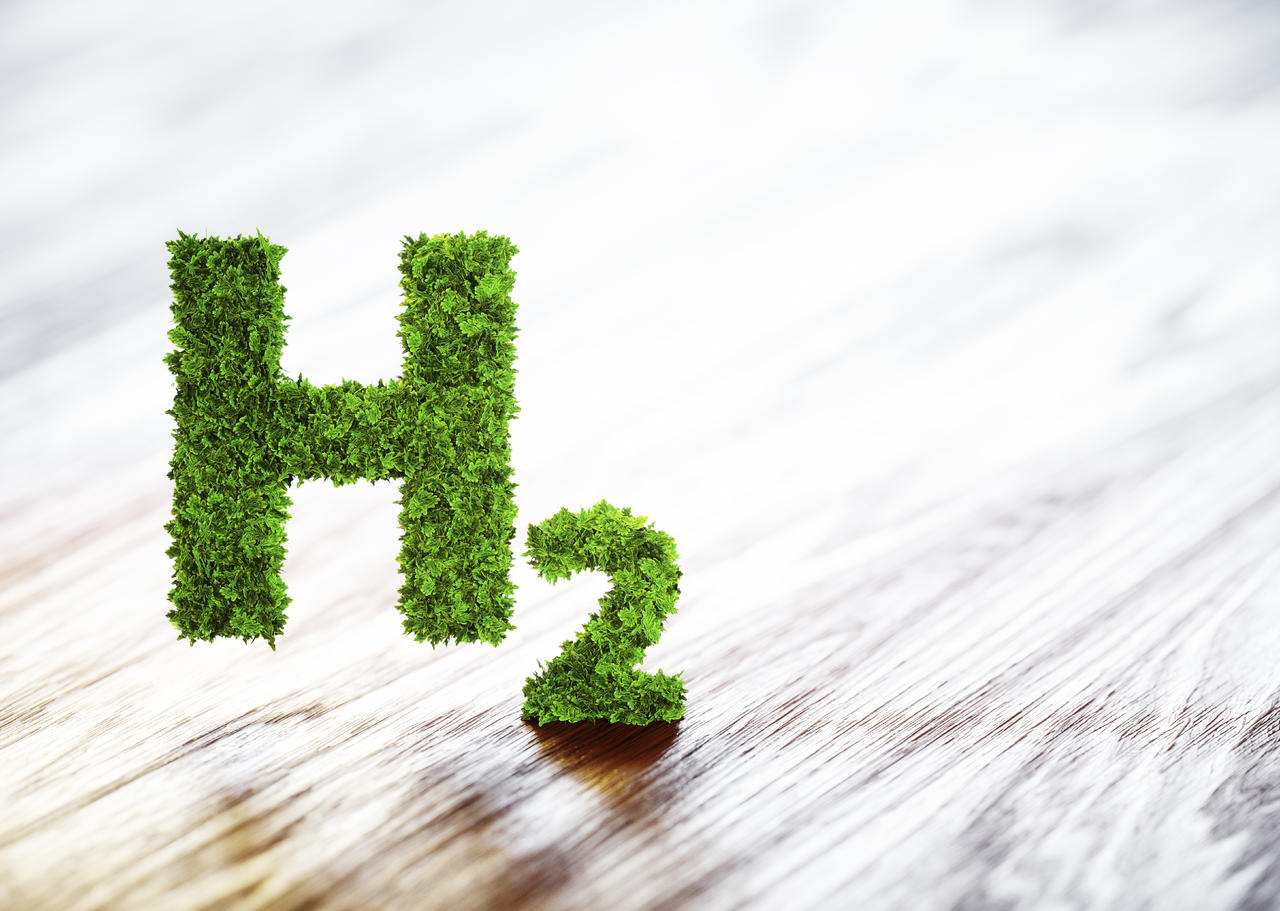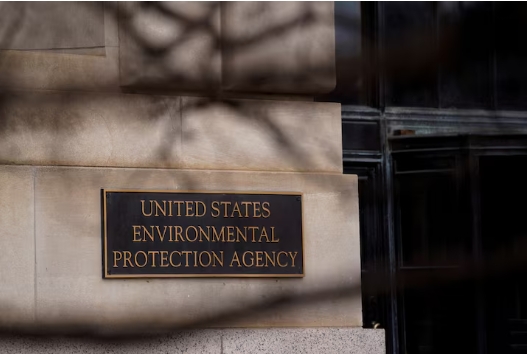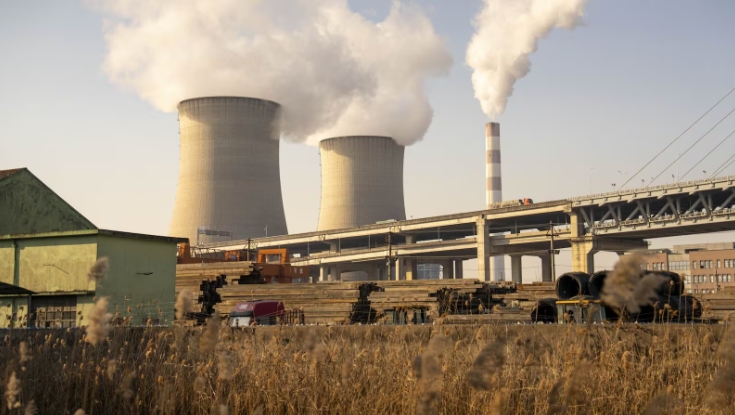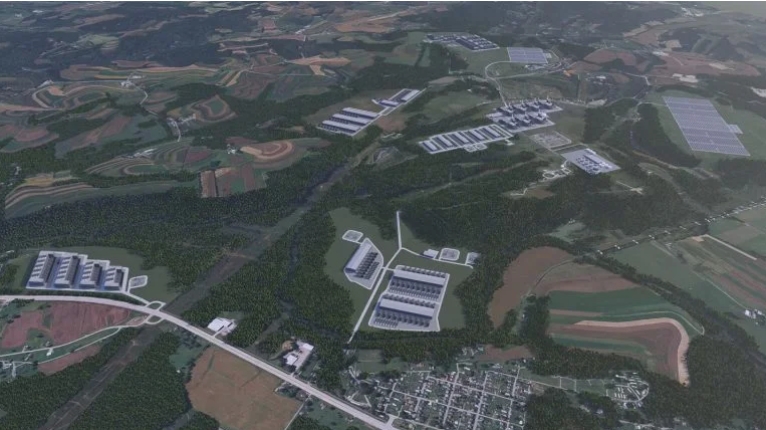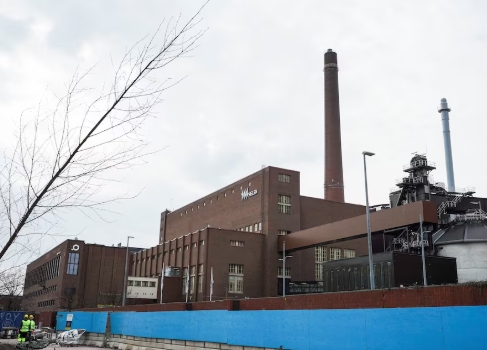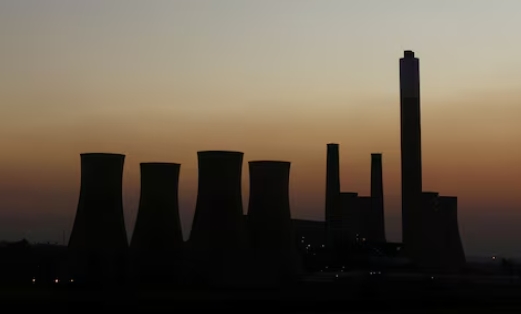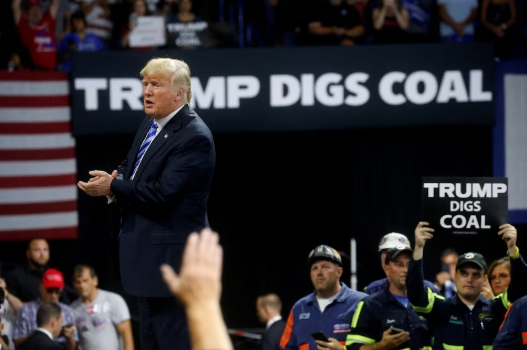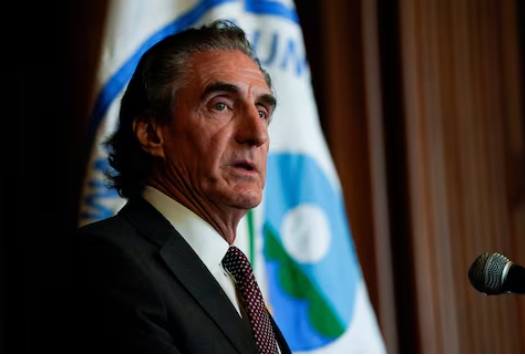The European Commission has unveiled the selection results of the latest call for proposals under the CEF Alternative Fuels Infrastructure Facility, launched by the European Executive Agency for Climate, Environment, and Infrastructure (CINEA). A sum of €424 million has been disbursed across 42 projects, with hydrogen refuelling infrastructure initiatives claiming total grants in excess of €120 million. The project championed by ORLEN has received half of that amount, marking a historic milestone as the largest grant ever bestowed under the Connecting Europe Facility to advance the hydrogen economy.
“Central to the transition process is the advancement of alternative fuels, including hydrogen. We can foresee its increasingly prominent role across the industrial sector, heavy haulage and public transport. Zero-emission public mobility will be especially crucial in large municipalities, which – fortified by funding from the National Environmental Protection and Water Management Fund and EU facilities – are becoming ever more eager to embrace hydrogen-powered vehicles. This is why we’re resolute in our mission to spearhead this form of mobility in partnership with local governments across Poland. The grant we have just received demonstrates that we’re on the right track, resonating with the blueprint endorsed by EU authorities,” said Grzegorz Józwiak, Head of the Hydrogen Technology and Synthetic Fuels Office.
The EU funding is to enable the third phase of ORLEN’s ‘Clean Cities – Hydrogen mobility in Poland’ project. As part of the first two phases, ORLEN is deploying hydrogen infrastructure comprised of eight refuelling stations across the country plus an automotive-grade hydrogen production plant based in Wloclawek. These investments had already been backed by funding of PLN 70 million under the EU’s Connecting Europe Facility. Drawing on those funds, ORLEN has launched hydrogen fuel supplies for public vehicles in Poznan and is testing a pilot hydrogen refuelling station in Katowice, with more such facilities in the pipeline (in Pila, Warsaw, Gorzów Wielkopolski, Kraków, Bielsko-Biala and Wloclawek). They will be open to the general public to fuel city buses, private cars and trucks.
As part of the third phase, ORLEN is primed to expand Poland’s hydrogen infrastructure with an additional 16 publicly available refuelling stations located in various parts of the country along the Trans-European Transport Network (TEN-T). In addition, it will establish another automotive-grade hydrogen production plant in Szczecin, relying on the same water electrolysis process powered by renewables.
Integral to the ORLEN Group’s overarching Hydrogen Strategy, this bold foray into hydrogen-fuelled mobility crystallises the Group’s response to challenges associated with the energy transition and quest for green solutions. As an alternative to conventional fuels, hydrogen is now a key element of the paradigm shift in the transport sector's decarbonisation narrative.
ORLEN’s plan is to build an international network of over 100 hydrogen refuelling stations spanning Poland, the Czech Republic, and Slovakia to serve private, public, cargo, road and rail transport by 2030. Hydrogen will be delivered through a European chain of hydrogen hubs powered by renewable energy and innovative facilities converting municipal waste into zero- and low-carbon hydrogen. The ORLEN Group’s total electrolyser capacities are to reach about 1 GW by 2030, which, combined with the waste-to-hydrogen projects, will allow it to produce more than 130 thousand tonnes of renewable hydrogen annually by the end of this decade.
